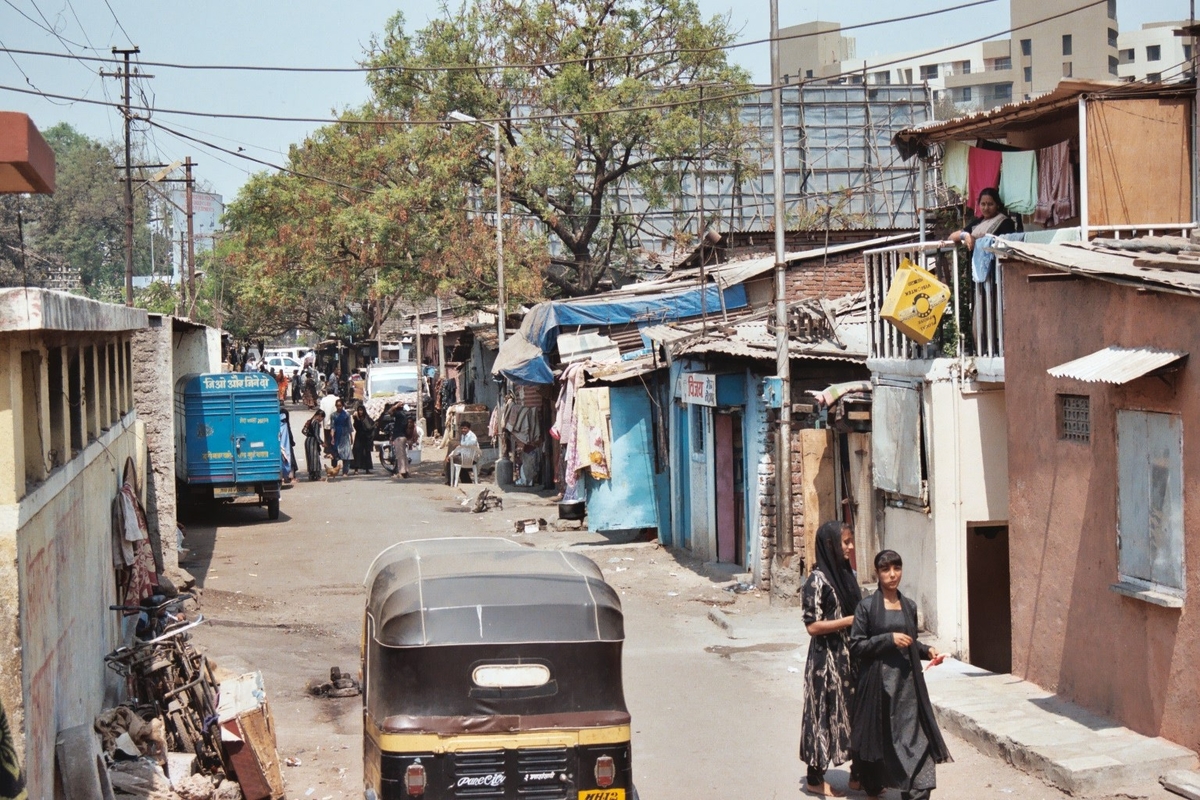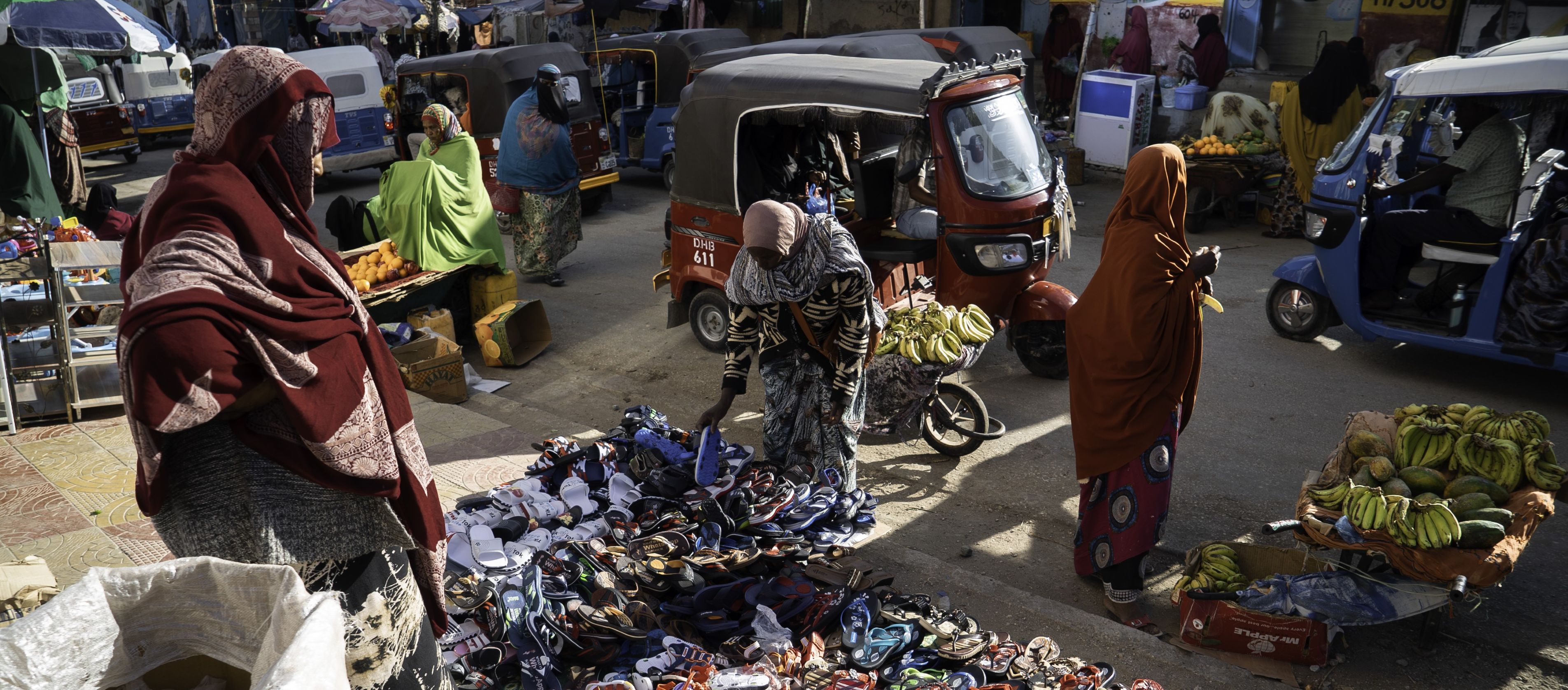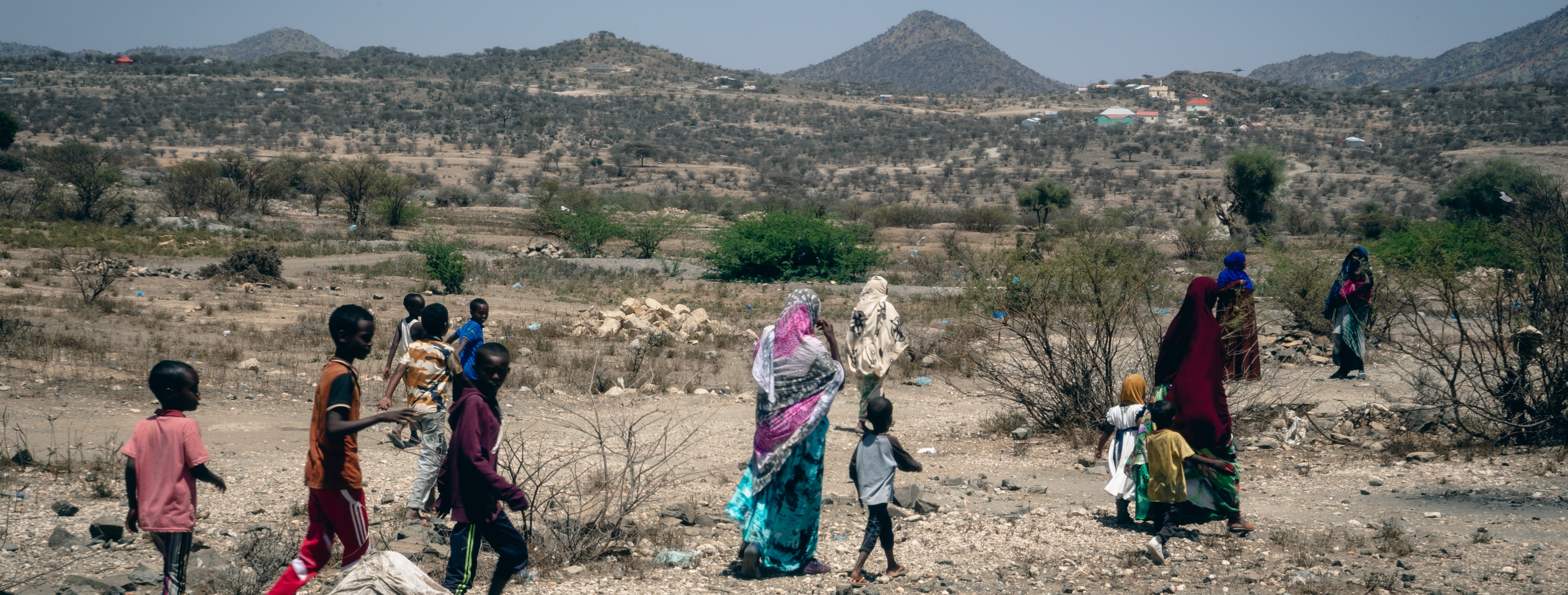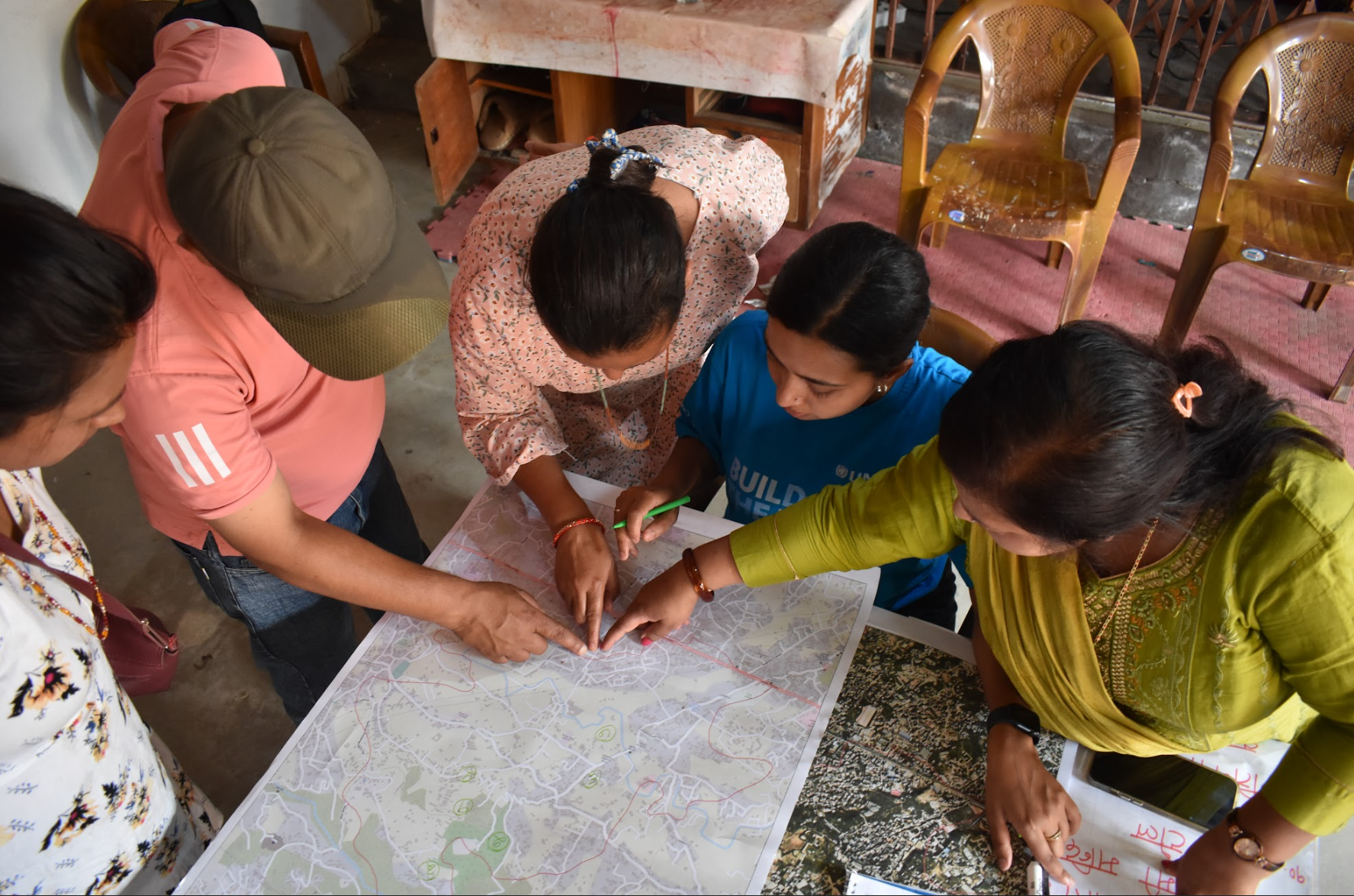Report
Digital Cities – Community Data Matters
On 15 December 2020, Cities Alliance, in cooperation with All India Institute of Local Self Government (AIILSG) and UCLG, hosted the webinar “Digital Cities: Community Data Matters”. This was the third event from the initiative #Platform4CitiesofGlobalSouth, a collaborative space for cities to interact and share knowledge and local experiences, on how to mitigate the impacts of the Covid-19 crisis.
The raising of Information and Communication Technology (ICT) has allowed for cities to be more interconnected than ever before, and exchange information and knowledge in a truly boundless way. In this context, the webinar explored the role of data and ICT systems in the creation of efficient community responses, with study cases from Mexico, India and Peru. The webinar was divided into two rounds, the first one focussing on presentations from cities' representatives, and the second addressing issues and challenges through a panel discussion.

The debate was introduced by Utkarsha Kavadi, Senior Executive Director at AIILSG, who highlighted how ITC and data have allowed cities to be connected during the pandemic and to address its impacts at administrative, technical and financial levels. She emphasized the key role that ICT has played in the decision-making process and how it has contributed to the creation of more inclusive and sustainable cities. Digital solutions have not only informed the population about decisions but also served as a tool for educating communities, managing services and monitoring responses, which has been possible through the constant exchanges of knowledge across the globe.
Ali González García, the Director of Open Government at the Digital Agency for Public Innovation of the Government of Mexico City, presented the actions that have been carried out to respond to the crisis in the Mexican capital. Being a densely populated city, with nearly 9 million inhabitants, a large number of them living and working in the informal sector, the use of ICT was essential to facilitate and simplify access to information and administrative procedures.
Some of the most relevant examples she presented included the establishment of an internet connectivity plan, which has resulted in Mexico City becoming the second-largest city globally, with free Wi-Fi coverage. Together with the creation of a digital identity for each citizen and the conversion of 52 administrative procedures to online mode, both measures are allowing access to data in real-time and from all over the city.
It has actually been a total game changer. Before Covid-19, we had been building digital infrastructure and digital services, which at the moment of Covid-19 allowed us to have a very quick and strong response.
Ali González García, Digital Agency for Public Innovation, Mexico City
Renu Khosla, Director of the Centre for Urban and Regional Excellence (CURE), stressed the key role that data is playing in the current situation as cities adapt to the dramatic and dynamic changes powered by a more digital world rapidly. Those statements were followed by questions from the participants, addressing topics such as the type of data needed, as well as the mechanisms that are being used to validate and integrate them at a local level in order to generate social impact.
City data is not just about infrastructure; city data has to also be about the communities that are part of the cities. It can be magical and localize solutions and make cities far more inclusive and sustainable.
Renu Khosla, Director of the Urban and Regional Centre of Excellence
To respond to these major challenges, the speakers agreed on the need to join efforts and to generate mutual trust. Ali González pointed out the importance of sharing information and how crucial this measure has been in Mexico to gain people's trust. She also indicated the need to create a standardized and participatory process to include citizens and verify the data.
At the same time Pratima Joshi, Executive Director at Shelter Associates (India), outlined the power of data to close gaps and save costs. She presented the "One home, one toilet” programme, a sanitation initiative implemented in India, aimed to create an opensource of data involving both governments and communities, especially the youth, more used to new technologies.
It is not just the community who need to trust data; but governments need to trust data too. It is not about saying my data or your data, but to provide access for everybody for this data.
Pratima Joshi, Executive Director at Shelter Associates
Carmen Roca, the Focal City coordinator for WIEGO in Peru, presented the case of Lima and stressed the need to take measures that respond to particular conditions and contexts as the pandemic is both a health and an economic crisis. She presented some of the approaches used to address the many challenges faced by the city, such as its geographical situation, access to the Internet in many areas, as well as the limited data about the informal sector.
Among the most relevant examples of the low-technology measures proposed, she outlined working with informal people - street vendors and waste pickers as researchers and data gatherers, and the use of television channels as an educational tool, in addition to the distribution of online surveys by telephone to collect data, an option that would allow to reach out to illiterate people.
Pradeep Khandelwal, Chief Engineer at the East Delhi Municipal Corporation, pointed out the great challenge that the collection and dissemination of results represent in certain geographical areas due to problems related to the Internet connection and the lack of social networks. He also addressed the challenges of collecting and using macro data, needed by the city to plan, and microdata required to localize solutions.
The final remarks were made by Anacláudia Rossbach, Regional Manager for Latin America and the Caribbean at Cities Alliance. She reminded of the importance, now more than ever, of joining forces, in a context of enormous pressure both at the economic, social and political levels. Through the concept of "democratic data", she highlighted the need, as a society, to co-create platforms that allow consistent responses at all scales.
Keeping dwellers and informal workers organized in these times of pandemic is an amazing challenge, an invisible work that is not being really recognized by society.
Anacláudia Rossbach, LAC Regional Manager, Cities Alliance
She concluded the event by reminding the participants that "if we stand together, there will always be ways to address global problems and contribute to more sustainable and resilient cities".





